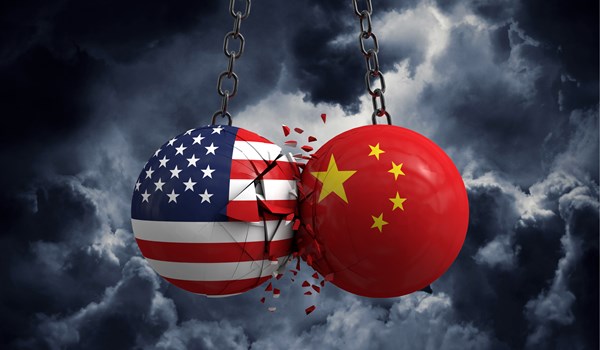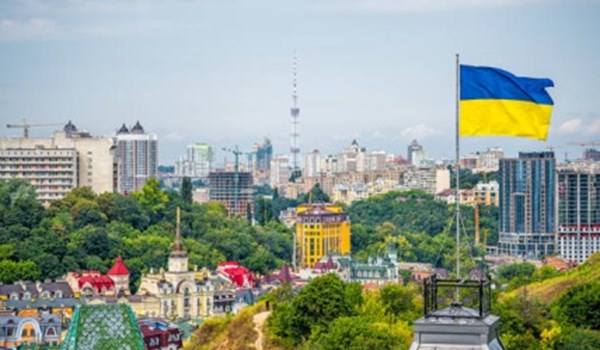Police in three European countries on Tuesday arrested the masterminds behind an online money-laundering operation suspected of processing up to €2 billion, the continent’s judicial agency said.
Italian, Latvian and Lithuanian police swooped on 55 premises and arrested 18 people – including three main suspects – believed to be involved in the scheme, Eurojust said.
“Since 2017 an estimated €2 billion has been laundered by the two main suspects via a worldwide web of shell companies,” the Hague-based agency said.
One suspect was arrested “for defrauding the Italian authorities of €15 million in public funds,” it said in a statement.
Eurojust said Lithuanian authorities closed down an “electronic payment service” linked to the case in 2022.
The suspects now detained had “offered money laundering online as a service to criminals”.
They are suspected of laundering funds via a “myriad web of enterprises” linked to the payment service, Eurojust said.
The system was set up in 2016 in Lithuania by an Italian-based gang and laundered proceeds from a “range of criminal activities”, Eurojust said.
These included money from tax evasion, cyber fraud, fake bankruptcy and drug trafficking.
Part of the proceeds were laundered via the purchase of real estate and luxury vehicles in Latvia and Lithuania.
“The laundered money also included the €15 million from unlawfully obtained so-called building bonuses, provided by the Italian national authorities,” Eurojust said.
The bonuses were given for renovation and insulation work and other energy-saving measures, while in reality no work took place or “the buildings did not even exist,” Eurojust said.
Italian police first started their probe in 2021 and a year later were joined by their Latvian and Lithuanian counterparts, supported by Eurojust and its policing twin Europol.
“A rapid reaction of Latvian and Lithuanian authorities to reports on suspicious transactions led to the identification and freezing of millions in funds, real estate properties and luxury vehicles, which now can be confiscated,” Eurojust said.



